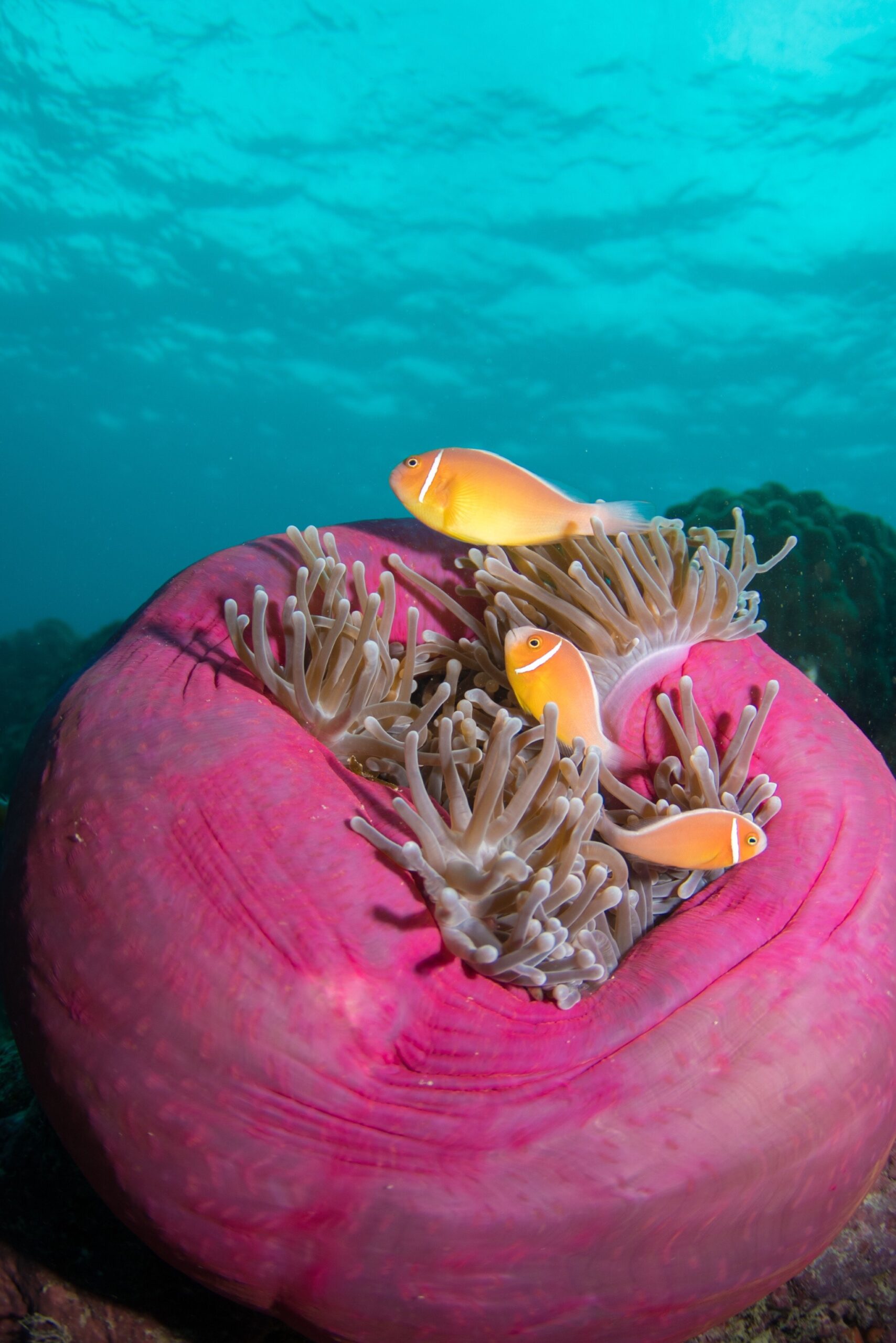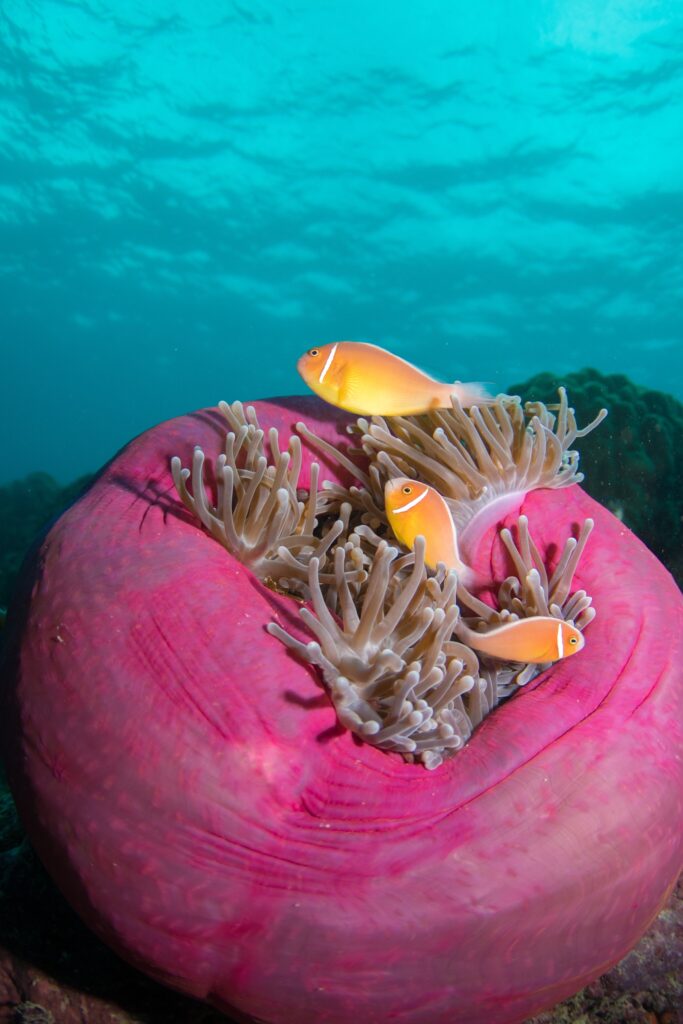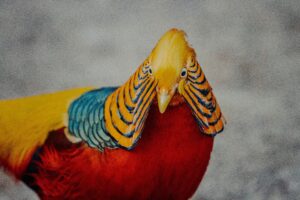
Italian Poetry: A Journey Through Time and Emotion
Italian poetry is a tapestry of artistic expression that spans centuries, encompassing a rich and diverse range of styles, themes, and voices. From the epic narratives of Dante Alighieri to the lyrical verses of Petrarch and the modern works of contemporary poets, Italian poetry holds a special place in the world of literature.
The Origins of Italian Poetry
Italian poetry has its roots in the Middle Ages, with the emergence of the troubadours in the 12th century. These poet-musicians composed verses in the vernacular, or the common language, as opposed to Latin, which was the dominant literary language of the time. The troubadours’ works explored themes of chivalry, courtly love, and human emotions.
Dante Alighieri and the Divine Comedy
One of the most renowned figures in Italian poetry is Dante Alighieri, often referred to as the “Father of the Italian Language.” Dante’s epic poem, the “Divine Comedy,” is a masterpiece of world literature. It narrates the poet’s journey through Hell, Purgatory, and Paradise, guided by the Roman poet Virgil and his beloved Beatrice. The “Divine Comedy” is a complex allegory that delves into themes of morality, theology, and the human condition.
Petrarch and the Petrarchan Sonnet
Francesco Petrarch, another iconic Italian poet, is famous for his Petrarchan sonnets, a poetic form that consists of 14 lines with a specific rhyme scheme. Petrarch’s work revolves around themes of unrequited love, beauty, and the passage of time. His sonnets greatly influenced European poetry and played a pivotal role in the development of the sonnet as a poetic form.
The Dolce Stil Novo
The “Dolce Stil Novo,” or “Sweet New Style,” was a literary movement that emerged in 13th-century Italy. It emphasized the use of a refined and emotionally expressive style of writing. Poets like Guido Cavalcanti and Guido Guinizzelli were central figures in this movement, and their works explored themes of love, beauty, and the inner world of human emotion.
Renaissance Poetry and the Divine Poets
The Italian Renaissance witnessed the flourishing of poetry, with luminaries like Petrarch and Giovanni Boccaccio contributing to the development of humanist thought and literature. The Renaissance also gave rise to epic poems like Ludovico Ariosto’s “Orlando Furioso” and Torquato Tasso’s “Jerusalem Delivered.”
Modern and Contemporary Italian Poetry
In the modern era, Italian poetry continued to evolve, with poets like Giuseppe Ungaretti, Eugenio Montale, and Salvatore Quasimodo experimenting with language and form. Their works explored themes of disillusionment, war, and existentialism.
Contemporary Italian poetry is characterized by a diverse range of voices and styles. Poets like Sandro Penna, Alda Merini, and Valerio Magrelli have contributed to the vibrant landscape of Italian poetry, addressing topics such as identity, memory, and social issues.
The Influence of Italian Poetry on World Literature
Italian poetry has left an indelible mark on world literature. The Petrarchan sonnet, for example, served as a model for poets like William Shakespeare and influenced the development of English poetry. Dante’s “Divine Comedy” has been translated into numerous languages and remains a seminal work in global literary history.
Italian poetry, with its exploration of love, spirituality, and the human experience, continues to inspire readers and poets alike. It is a testament to the enduring power of language and the capacity of poetry to capture the essence of the human soul.
Who Are Some Iconic Figures in Italian Poetry?
Iconic figures in Italian poetry include Dante Alighieri, Petrarch, and Francesco Petrarch. Their contributions to the world of literature have been profound and enduring. To learn more about these poets, visit poetryfoundation.org.
What Are the Key Themes Explored in Italian Poetry?
Italian poetry has explored themes such as love, spirituality, human emotions, chivalry, and the human condition. These themes are richly depicted in various works throughout Italian literary history. To delve into these themes, visit britannica.com.
How Did the Troubadours Influence Italian Poetry?
The troubadours played a pivotal role in the development of Italian poetry by composing verses in the vernacular language, breaking away from the dominance of Latin in medieval literature. For more information on the troubadours and their influence, visit encyclopedia.com.
What Is the “Divine Comedy,” and Why Is It Significant?
Dante Alighieri’s “Divine Comedy” is an epic poem that narrates the poet’s journey through Hell, Purgatory, and Paradise. It is considered one of the most significant works in world literature, exploring themes of morality, theology, and the human experience.
How Did Petrarch Contribute to the Evolution of Poetry?
Francesco Petrarch’s Petrarchan sonnets greatly influenced European poetry and the development of the sonnet form. His works focused on themes of unrequited love, beauty, and the passage of time. For more on Petrarch’s contributions, visit poetryfoundation.org.
What Was the “Dolce Stil Novo,” and Who Were Its Prominent Poets?
The “Dolce Stil Novo” was a literary movement emphasizing refined and emotionally expressive writing. Guido Cavalcanti and Guido Guinizzelli were central figures in this movement, with their works exploring themes of love, beauty, and human emotion. To learn more about the “Dolce Stil Novo,” visit britannica.com.
Read more about italian poetry
Looking for the place where this picture was taken?
Comment on our instagram and we will reply.




